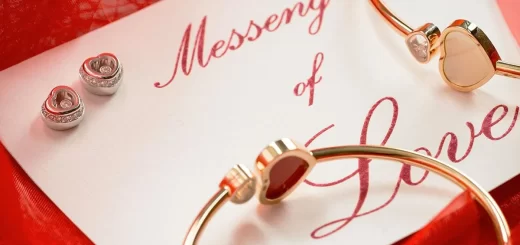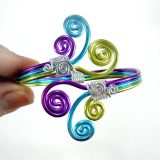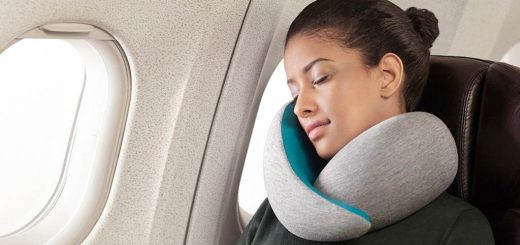Where is MK Made?
As a fashion lover, have you ever been curious about the origins of that chic Michael Kors bag you’ve been eyeing? Mk made It’s a valid question, especially given the brand’s reputation for luxury and quality. Where and how are these designer handbags manufactured? What are the materials used to create them? Well, fashion enthusiasts, you’re in luck because we’re diving deep into the world of Michael Kors manufacturing. Let’s explore the intricate process behind bringing these coveted accessories to life, from the initial design to the final product.
 A Global Journey: Unveiling the Manufacturing Landscape
A Global Journey: Unveiling the Manufacturing Landscape
Michael Kors, unlike some other high-end fashion houses, doesn’t solely rely on a single location for production. Their manufacturing process takes place across various countries, each with its own strengths and specialties. Think of it like a global orchestra, where each country plays a vital role in creating the final product.
Here’s a glimpse into some of the key players in mk made manufacturing network:
- China: Often the most mentioned country in fashion production discussions, China plays a significant role in Michael Kors’s manufacturing. The country’s well-established infrastructure and skilled workforce make it a suitable choice for producing a wide range of mk made
items, including handbags, footwear, and apparel. - Vietnam: Emerging as a prominent player in recent years, Vietnam has become another crucial location for Michael Kors manufacturing. The country’s growing infrastructure and competitive labor costs have made it an attractive option for producing certain Michael Kors products.
- Italy: While not as prevalent as China or Vietnam, Italy still holds a special place in mk made
manufacturing story. The country’s rich heritage in leather craftsmanship and meticulous attention to detail make it ideal for producing some of the brand’s higher-end leather goods. - Other locations: Michael Kors also utilizes manufacturing facilities in other countries like Turkey, India, and Indonesia, depending on the specific product and its requirements.
Understanding the “Made In” Label: Beyond Face Value
It’s important to remember that the “Made In” label on a mk made
product doesn’t necessarily tell the whole story. The intricate world of fashion often involves components being sourced from various locations before final assembly takes place in another country. So, while the final assembly might occur in China, certain materials or components could be from Italy or elsewhere.
A Balancing Act: Quality, Cost, and Ethical Considerations
Michael Kors, like many other fashion brands, navigates a complex landscape when it comes to choosing manufacturing locations. Striking the right balance between quality, cost, and ethical considerations is crucial. Here’s a peek into the factors at play:
- Quality: Michael Kors strives to maintain a certain level of quality across its products. Choosing manufacturing partners with the necessary expertise and capabilities is essential to achieving this goal.
- Cost: Production costs play a significant role in determining the final price of a product. Choosing locations with competitive labor costs allows Michael Kors to offer a wider range of products at accessible price points.
- Ethical considerations: In today’s world, ethical sourcing and labor practices are increasingly important. Michael Kors has stated its commitment to ethical sourcing and works with partners who adhere to its code of conduct.
Beyond the Label: The Bigger Picture
It’s crucial to remember that the “Made In” label is just one aspect of a product’s story. The design, craftsmanship, and overall quality also play significant roles in determining a product’s value. So, while understanding the manufacturing origins can be interesting, it shouldn’t be the sole factor influencing your purchasing decision.
Frequently Asked Questions (FAQs):
1. Is Michael Kors considered a luxury brand?
While Michael Kors positions itself as a premium lifestyle brand, it falls within the accessible luxury category compared to some high-end fashion houses with significantly steeper price points.
2. Does the “Made In” label guarantee the quality of a Michael Kors product?
The “Made In” label alone doesn’t guarantee quality. Michael Kors has quality control measures in place throughout the manufacturing process, regardless of the location.
3. Are there any ethical concerns surrounding Michael Kors’s manufacturing practices?
Michael Kors has outlined its commitment to ethical sourcing and works with partners who adhere to its code of conduct. However, as with any large corporation, there can always be room for improvement and ethical concerns can arise within complex supply chains.
4. How can I ensure I’m purchasing an authentic Michael Kors product?
Always purchase from authorized retailers or Michael Kors’s official website to avoid the risk of counterfeits. Look for genuine quality materials, proper stitching, and authentic brand markings.
5. Are there any alternatives to Michael Kors if I’m concerned about the manufacturing location?
Several other fashion brands offer similar styles and quality standards while focusing on specific ethical or sustainable practices in their manufacturing processes. Researching and comparing different options can help you make an informed decision that aligns with your values.
Conclusion
Understanding the complexities of Michael Kors’s manufacturing landscape sheds light on the various factors that contribute to the brand’s products. While the “Made In” label offers a starting point, it’s just one piece of the puzzle. Focusing solely on the origin can overshadow the design, craftsmanship, and ethical considerations that also play a vital role.
Discovering how to make the color beige can be an engaging creative process, allowing you to blend various hues, textures, and tones. Ultimately, the decision of whether or not to purchase a Michael Kors product lies with you, the informed consumer, who appreciates both the artistry of color creation and the timeless elegance of their designs. By considering various factors like quality, price, ethical practices, and personal style, you can make a purchase that aligns with your values and fashion preferences. Remember, fashion is a journey of self-expression, and understanding the story behind your clothes can add another layer of appreciation to your style choices.
















